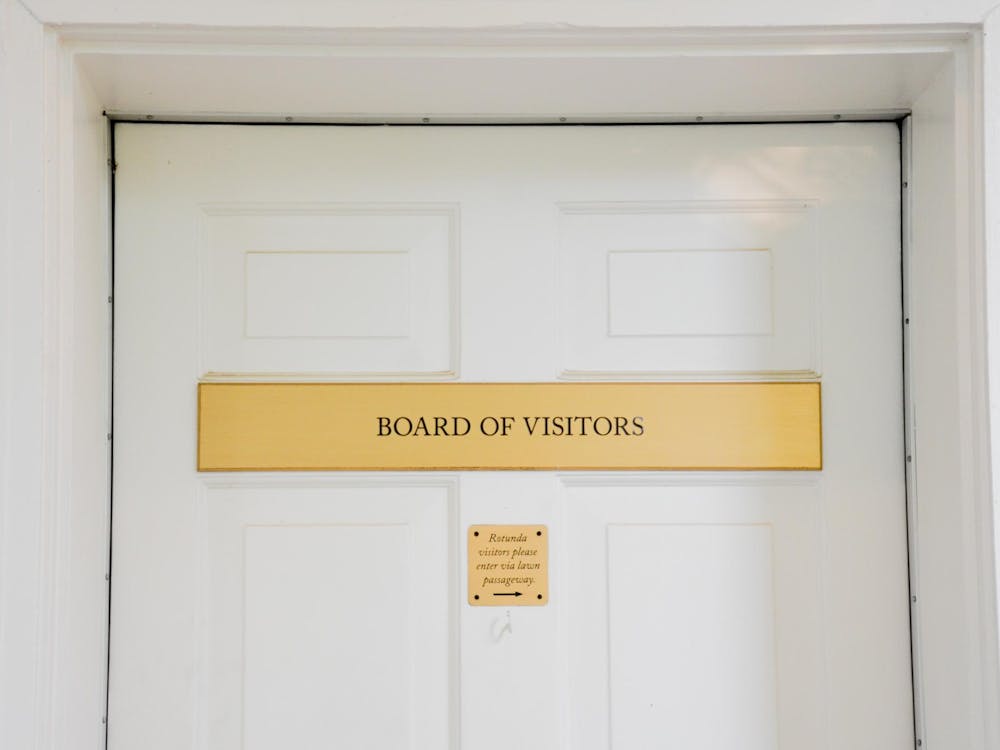As a business that has seen more than a 1,000 percent increase in wineries over the last 20 years, the Virginia wine industry is ripe to compete on a national level. With production, recognition and quality on the rise, area wine makers are hoping consumers across America will begin saying, "Make mine Virginia wine."
In 1979, Virginia boasted a mere six wineries. That number has swelled to 79 today, boosting the commonwealth to the fifth-largest wine producer in the country among vinifera wine-growing states. With more than 2,300 acres under vine, Virginia's winemakers reported a total of 285,927 cases of wine, yielding more than $41 million in total sales for 2001.
Despite recent economic slowdowns and a statewide drought lasting nearly four years, the wine industry is one that has emerged unscathed and remains poised for outstanding growth.
"Wineries have shown very considerable resistance to any economic downturn, with gross volumes of average price per bottle and total number of bottles rising rapidly and continuously," said Carter Nicholas, Barboursville Vineyards and Historic Ruins sales manager.
According to a Virginia Commonwealth University Center for Public Policy study, the Virginia wine industry carries a $95.7 million economic impact on the Commonwealth's economy, both in terms of agricultural production and tourism.
"The whole state can benefit from the sales of wine," said Pam Jewell of the Virginia Wine Marketing Office. "In terms of tax revenues, employment and overall state revenue, this really is a critical industry for the state."
In an effort to expand the industry's breadth, the Wine Study Work Group has been working to determine the appropriate strategies for growth.
The group is working to fulfill Thomas Jefferson's vision for America to be a great wine-producing nation. As the country's first great wine connoisseur, Jefferson wrote, "we could, in the United States, make a great variety of wines as are made in Europe, not exactly the same kinds, but doubtless as good."
But despite growing production, wineries are finding it increasingly difficult to carve their niche with a national audience in terms of production, quality and recognition.
"In terms of an industry, we're in our adolescent phase," said William J. Moses, CEO of The Kluge Estate Winery & Vineyard and Wine Study Work Group co-chair. "We're growing up, but we're not quite sure what we want to be."
Although wine production requires the necessary climate and vine components, perhaps the most crucial element is time for market response to determine what types of wine consumers expect from Virginia producers, Moses said.
"We're dealing with a catch-22," Moses said. "For the state to move up, we have to plant more acreage and start standing for something, but we can't get that until we have some sort of market response."
In the interim, local winemakers are focusing on growth and establishing a reputation within the Charlottesville area and the larger Commonwealth, with the goal of emerging on the national stage and competing with the dominant California labels.
"I would hesitate to say that any Virginia wineries have any consistent presence outside the state," said David King, owner of King Family Vineyards/ Michael Shaps Wines in Crozet. "There's a lot of room to grow, and that's how most states start out. To compete, it's not about volume, but about quality. Until Virginia gets that level of recognition, we will always be considered a second-tiered player."
As the relative new kid on the block--his business opened in October --King is working on first establishing his business on the local level. King is focusing on creating a more traditional wine that ages well and experimenting with blended varieties.
Jefferson Vineyards is taking a similar approach -- starting small and relying on word-of-mouth recommendations.
Limited by the number of cases it produces, Jefferson Vineyards has built a solid reputation in Virginia and is looking to make a greater presence on the East Coast as producer of expensive wines cultivated in a traditional French style.
"Virginia's still establishing our reputation," said Brendan Kelleher, Jefferson Vineyards tasting room manager. "We're committing to a producing a higher quality wine and higher volume. We're spending a lot of money to make a good, expensive wine. We don't have a tremendous volume, but we are growing our reputation."
As a more established winery, Barboursville Vineyards and Historic Ruins has successfully moved into the high-end markets of Boston, Chicago and New York, and expects its non-Virginia sales to increase in gross volume as a percentage of total sales, Nicholas said.
While Barboursville's label continues primarily to produce for a Virginia consumer, its reputation and larger production capacity have allowed it to gain a degree of prestige among East Coast producers, Nicolas said.
But while local wineries work to improve and expand their product, owners agree that cooperation and information sharing are critical in building industry's reputation as a whole.
"Luckily, most people are still working together," Kelleher said. "There's competition, but it's more or less friendly. We're all only 20 or 30 years into this, so everyone is learning what to do in Virginia, and there's a lot more camaraderie because of it."
Owners also recognize that building the area's total reputation recognition as a whole will lead to greater status and award recognition and thus sales for its individual players.
"The wine industry is driven by a lot of recognition industry," King said. "Whether you make 1,000 or 100,000 cases, if we push ourselves towards getting the best quality we can achieve, and the sales will take care of themselves."






